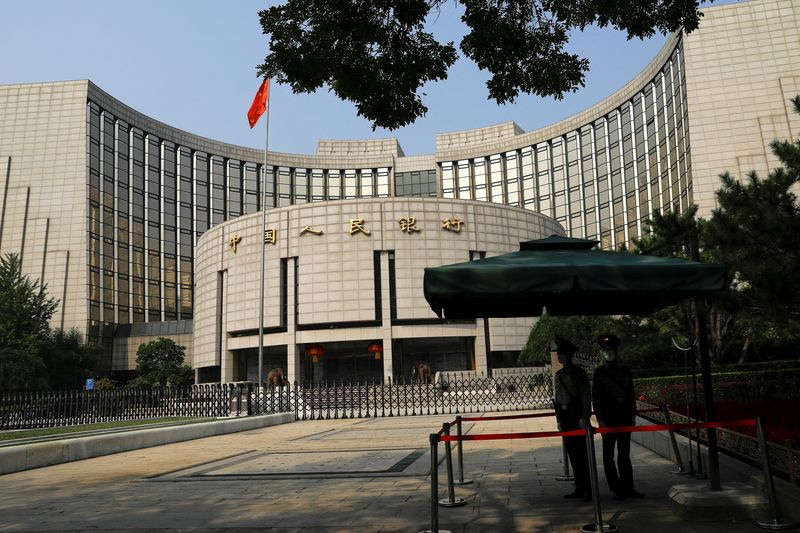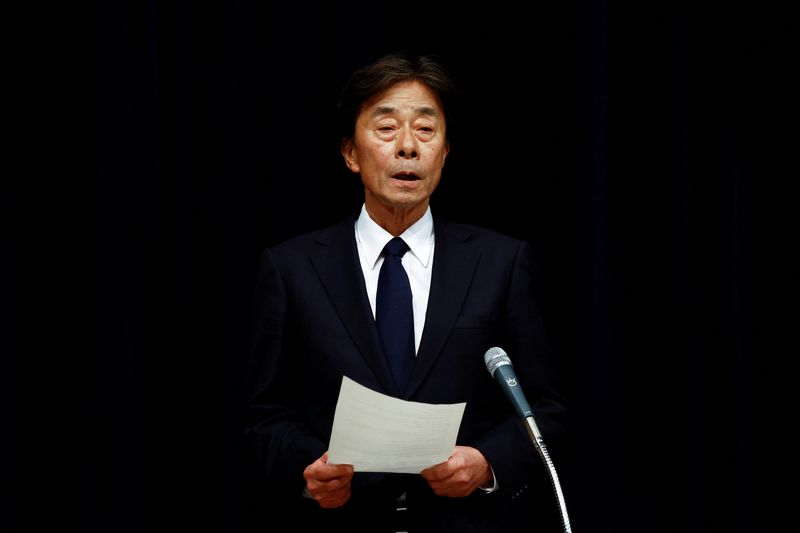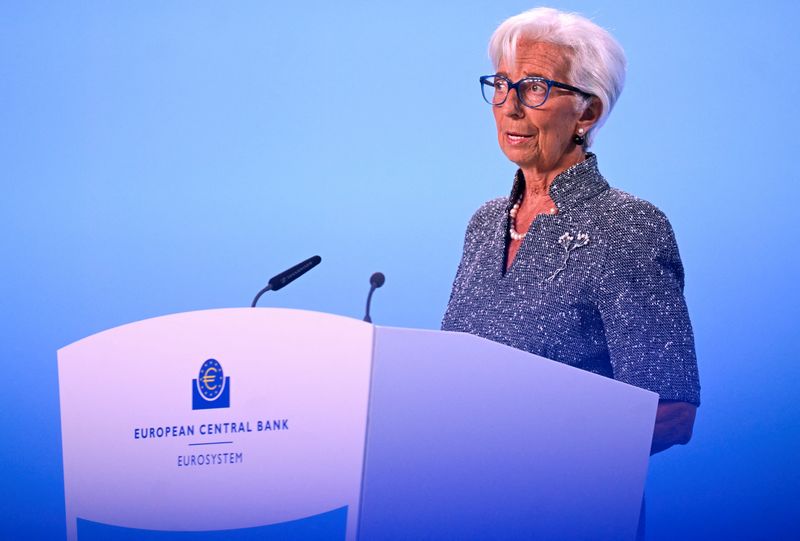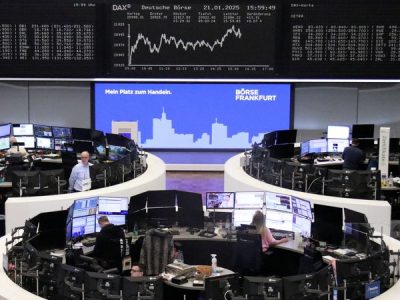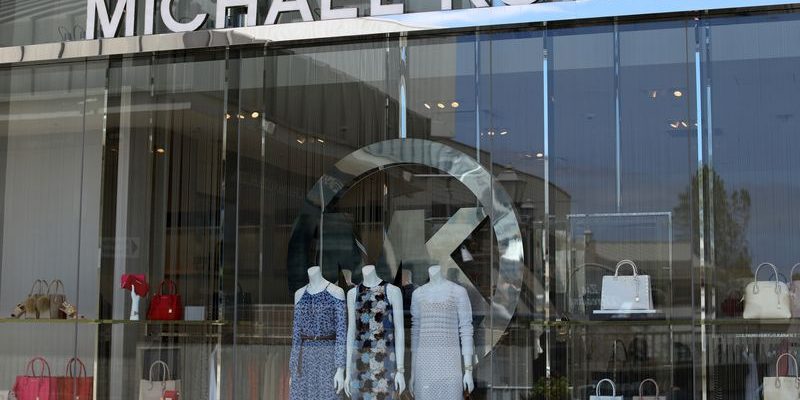
(Reuters) -Tapestry said on Thursday it was terminating its $8.5 billion bid for Michael Kors owner Capri after a legal hurdle last month, ending their effort to create a U.S. luxury giant to compete with major European players.
The deal would have brought six brands under one roof: Tapestry (NYSE:TPR)’s Coach , Kate Spade and Stuart Weitzman; and Capri’s Versace, Jimmy Choo and Michael Kors. But regulators sued to block the deal earlier this year, citing anti-competition concerns.
Capri shares were down nearly 6% in premarket trading on Thursday. They have lost nearly half of their value since a U.S. judge blocked the deal late last month.
Tapestry’s stock, on the other hand, was up 6%, as the company also announced a $2 billion share buy back.
The merger was blocked last month after the U.S. Federal Trade Commission (FTC) argued that it would eliminate head-to-head competition between the top two handbag makers and create a massive company with the power to unfairly raise prices.
The companies said on Thursday they mutually agreed that ending the merger agreement was in their best interest, as the outcome of the legal process was uncertain and unlikely to be resolved by Feb. 10, the deal deadline.
“We have always had multiple paths to growth and our decision today clarifies the forward strategy,” Tapestry CEO Joanne Crevoiserat said.
The company said it does not expect any acquisitions in the near term and has agreed to reimburse Capri’s expenses of about $45 million, incurred in connection with the merger.
Tapestry, which halted its merger plans last week as it appealed the U.S. judge’s decision, has raised its 2025 profit forecast after posting strong quarterly results.
Capri, on the other hand, has reported several straight quarters of sales decline since the deal was announced in August last year.


